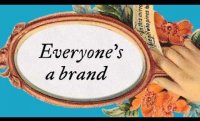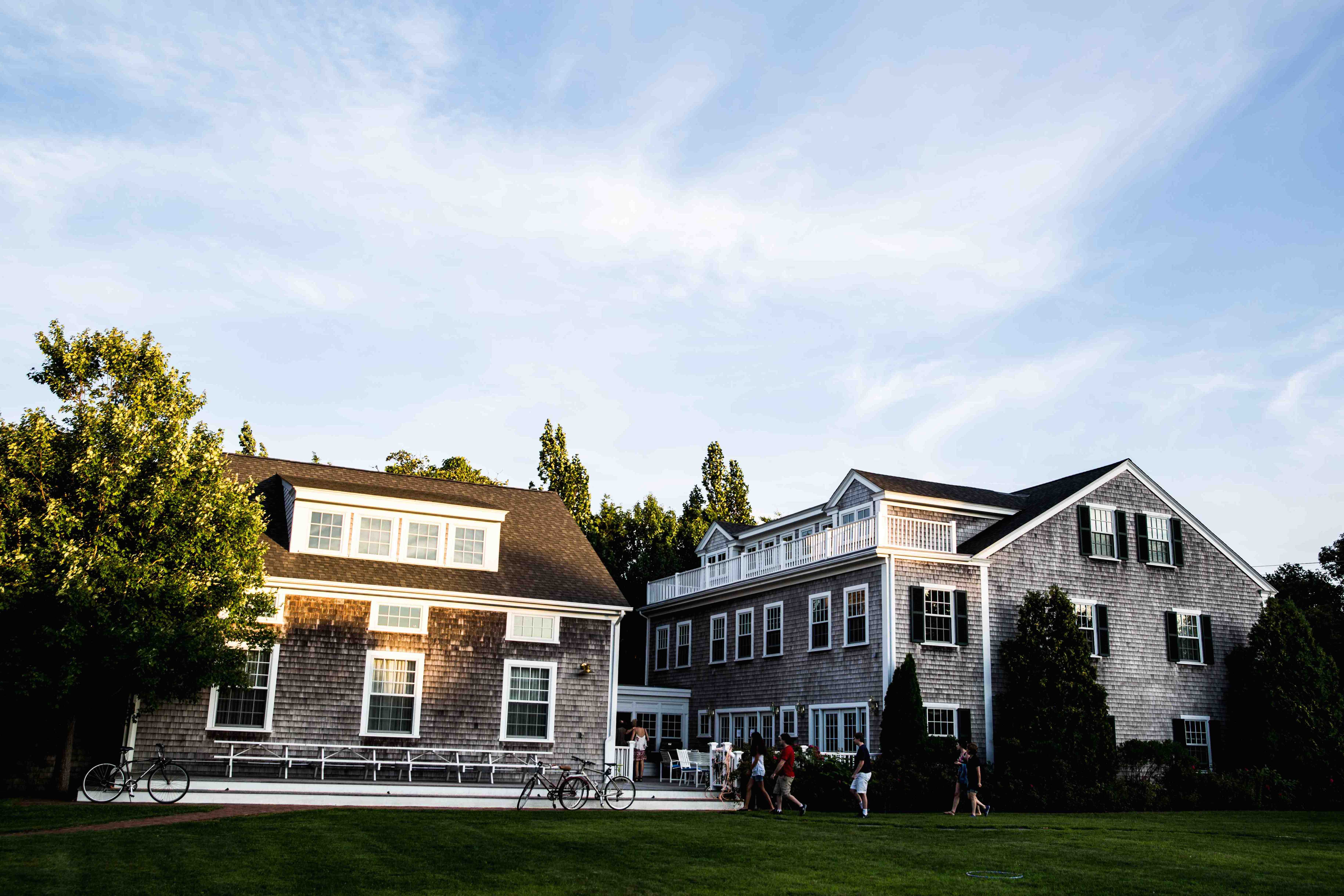In honor of Mother's Day, we asked Ayelet Waldman, author of Bad Mother: A Chronicle of Maternal Crimes, Minor Calamities, and Occasional Moments of Grace, to talk about how she works with her literary agent Mary Evans.
You've written an eclectic mix of fiction and nonfiction: mystery novels, literary novels, personal essays, as well as a new foray into television. Does your agent, Mary Evans, play a role in deciding what to write next? Does she offer long-term career advice, encourage or discourage you in taking on the next project?
She's wonderfully encouraging, my biggest cheerleader next to my husband. She's always eager for me to try new things, to stretch my wings in different directions. She's never once said anything like, "Oh the mysteries are working, don't try to write more 'literary' fiction" or "The nonfiction mommy stuff sells well, do more of that." I think she genuinely views her role as facilitating my growth as a writer, even when, on occasion, that means making a less commercial choice.
Agents are notoriously over extended and distracted as they deal with their many clients, or courting editors, answering numerous queries, etc. Do you wait for Mary Evans to contact you, for instance, if she's had a manuscript for a long while with no word? Or do you not hesitate to call or write to check in?
I feel truly blessed. Mary always calls me back right away, and on the very rare occasion where she can't return my call within a couple of hours, she's hugely apologetic. She turns my manuscripts around immediately, usually that same weekend, and certainly within a week or two. I feel comfortable (perhaps too comfortable) checking in about the work she's looking at, about my career in general, about how much I hate the Republican majority in the House.
Daughter's Keeper, published in 2003, your first literary novel, was rejected thirty-one times before finding a publisher. Tell us about Mary Evans's role in seeing that novel to fruition. Did she edit, or suggest rewrites between submissions?
Absolutely. In fact, it's my fault it was rejected so many times, not hers. She very gently suggested from the beginning that I do more work on it before I sent it out, but I was about to give birth and I desperately wanted the novel out the door. Had I done what she said, I probably would have sold the novel a lot earlier. And in the end, of course I had to do the work anyway.
And last, a related question: Does Mary Evans edit your work, either a full manuscript or a nonfiction proposal, before it's sent out to editors? Or does she send it out as is?
I wouldn't feel comfortable sending something out without her practiced eye. She reads everything, comments on everything, and yet doesn't push. She'll read multiple drafts of a novel, even when we're at the stage of things where I'm submitting directly to my editor. I like having her input, and I think she enjoys this part of the job.









